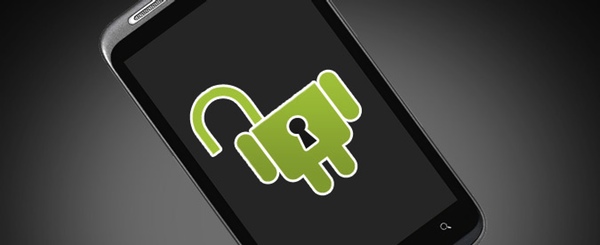- DORA Compliance – A Complete Guide by Valency Networks - 31/01/2025
- Is ICMP Timestamp Request Vulnerability worth considering - 31/12/2024
- Understanding Threat Intelligence in ISO 27001-2022 - 21/11/2024
Would you readily give your residential address to a stranger? No? Aren’t you extra
cautious while opening an email from an unknown sender? Yes? Good! How about extending the same sense of protection to your smart phone while downloading apps? In both these instances, you are necessarily safeguarding your home and yourself from prying eyes.
Shouldn’t the same apply to your mobile phone? After all, there is a lot of personal data
stored on a mobile phone these days. Our dependence on our mobile phones has increased markedly. Right from banking to entertainment, we have apps for almost everything. And more importantly, we use majority of them everyday; sometimes even multiple times in a day. Many of these save our account/profile details along with respective passwords. All this calls for strong steps towards guarding the privacy of personal data. Even if your smart phone unlocks only at your touch or by scanning your retina, there are other ways to get inside your phone. One of the easiest being via a downloaded app!
About half a year back, more than 100 billion downloads were recorded only for the
iOS platform. Add Android downloads to this and it would seem as if it’s a cake walk for a
hacker to get any information he fancies. Unfortunately, this is true. People are using mobile phones more than ever before and apps are making tasks all too easy and comfortable. The easiest way for a hacker to get into a mobile phone is via a hidden malware embedded in an app itself. Read the app and app developer description before downloading an app. If an app is malicious, this description will be vague and full of obvious errors.
It is also a good idea to take a closer look at the permissions an app asks for before
downloading. For Apple users, these permission windows pop up once the app is running. If
you install a ringtone app, double check if it asks permission to access your contacts. Similarly, a gaming app requesting access to your calendar or a wall paper app requesting access to location services should stand out as red flags. If you find yourself faced with such a permission request, don’t be hasty and tap on the affirmative option. Take a moment to check the developer’s website. Read and make sure if the developer has put the app through meticulous mobile security testing. You can also have a look at other apps from the same developer and verify their authenticity. A look at the app ratings and reviews will also give you a fairly good idea of the app’s usefulness. If none of this impresses or convinces you adequately, simply shoot an email to the developer. A genuine developer is sure to address all your concerns in the best possible manner, at the earliest!
As we increasingly get entangled in this web of mobile applications, we need to take
digital security seriously. The tiniest breach in security can lead hackers to an entire world of ‘you’. Unknown busybodies snooping through your private data is certainly not a pleasant
thought.

